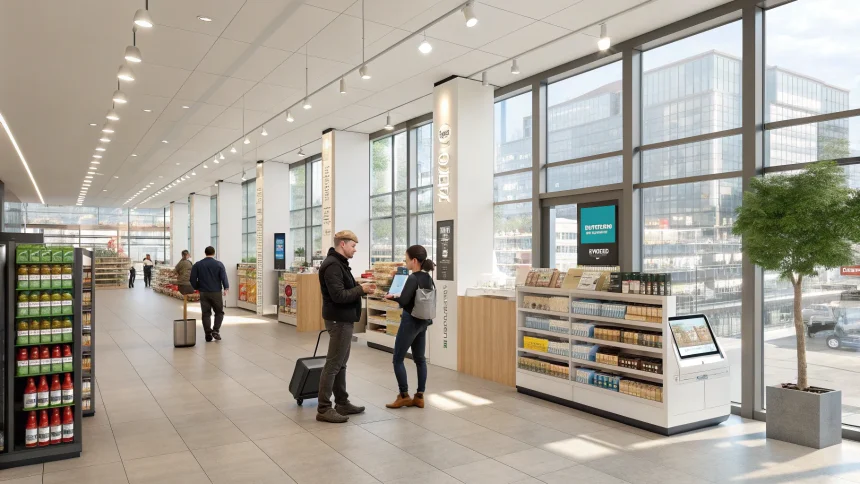Businesses across all industries face increasing pressure to evolve their operations as consumer preferences shift and new technologies emerge, according to retail expert Ross Taylor. The changing landscape requires merchants to rethink their strategies regardless of their size or market sector.
Taylor emphasizes that this adaptation isn’t optional but necessary for survival and growth in today’s competitive marketplace. As digital transformation accelerates across retail and service industries, businesses that fail to respond to evolving customer expectations risk losing market share to more agile competitors.
Meeting Evolving Customer Expectations
Modern consumers have dramatically different expectations compared to just a few years ago. Taylor points out that shoppers now demand seamless experiences across multiple channels, personalized service, and convenient options like same-day delivery or curbside pickup.
“Merchants of all sizes and in all sectors must adapt to meet changing customer expectations,” Taylor states, highlighting that this applies equally to small local shops and major retail chains.
The shift in consumer behavior has been accelerated by recent global events, forcing many businesses to rapidly transform their operations. Customers now expect digital-first experiences that complement in-store shopping, creating pressure for retailers to develop omnichannel capabilities.
Technology as a Growth Driver
Beyond simply responding to changing expectations, Taylor suggests that businesses should actively leverage new technologies to drive growth. This includes:
- Advanced analytics to better understand customer preferences
- Automated inventory management systems
- Mobile payment solutions
- Artificial intelligence for personalized recommendations
According to Taylor, these technologies aren’t just for large enterprises with substantial IT budgets. Increasingly accessible solutions now allow small and medium-sized businesses to implement sophisticated tools that were previously out of reach.
“Leverage new technologies to drive growth,” Taylor advises, suggesting that the right tech investments can help businesses of any size expand their customer base and increase sales.
Sector-Specific Challenges
While the need to adapt is universal, Taylor acknowledges that different sectors face unique challenges. Grocery retailers might focus on efficient delivery systems and fresh food quality, while fashion merchants might prioritize virtual try-on technology and sustainable practices.
Service-based businesses also need to evolve, with many implementing online booking systems, virtual consultations, and digital payment options to meet customer demands for convenience and safety.
The financial implications of these changes can be significant, requiring careful planning and investment. However, Taylor suggests that the cost of not adapting is ultimately higher, as businesses that resist change risk becoming irrelevant.
As competition intensifies across all sectors, merchants who successfully balance technological innovation with human connection will likely emerge as leaders. The most successful businesses will be those that view adaptation not as a burden but as an opportunity to better serve their customers and strengthen their market position.









